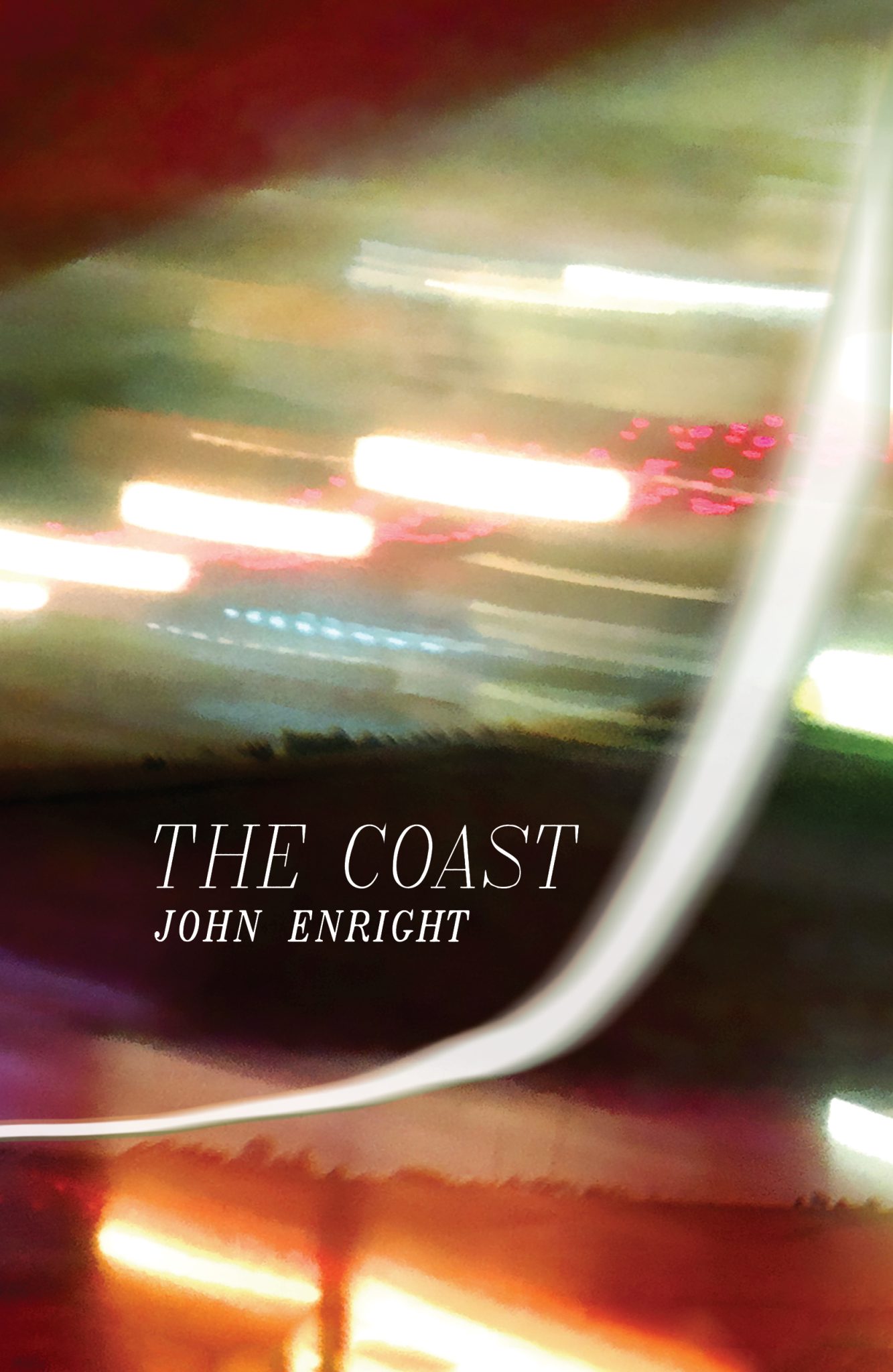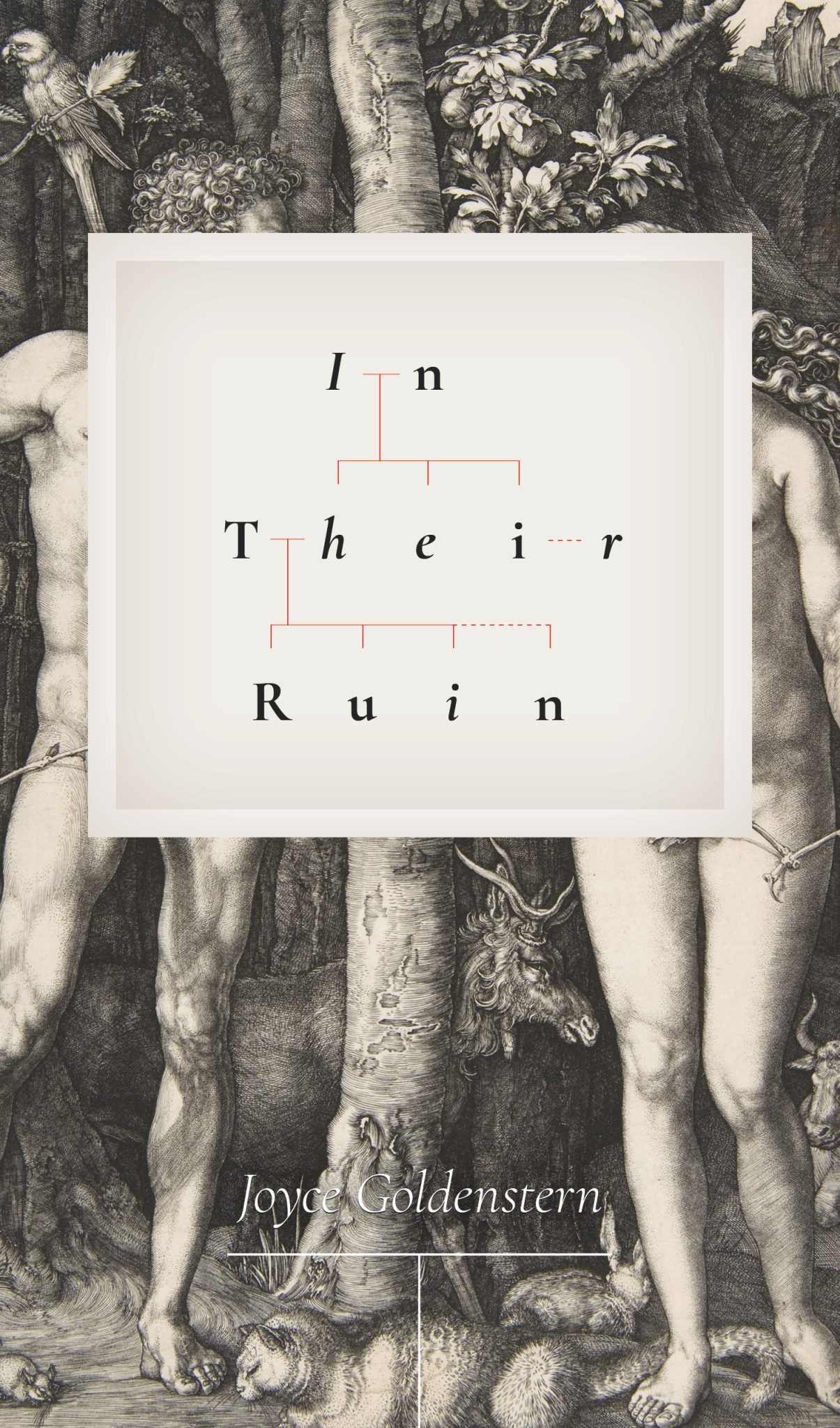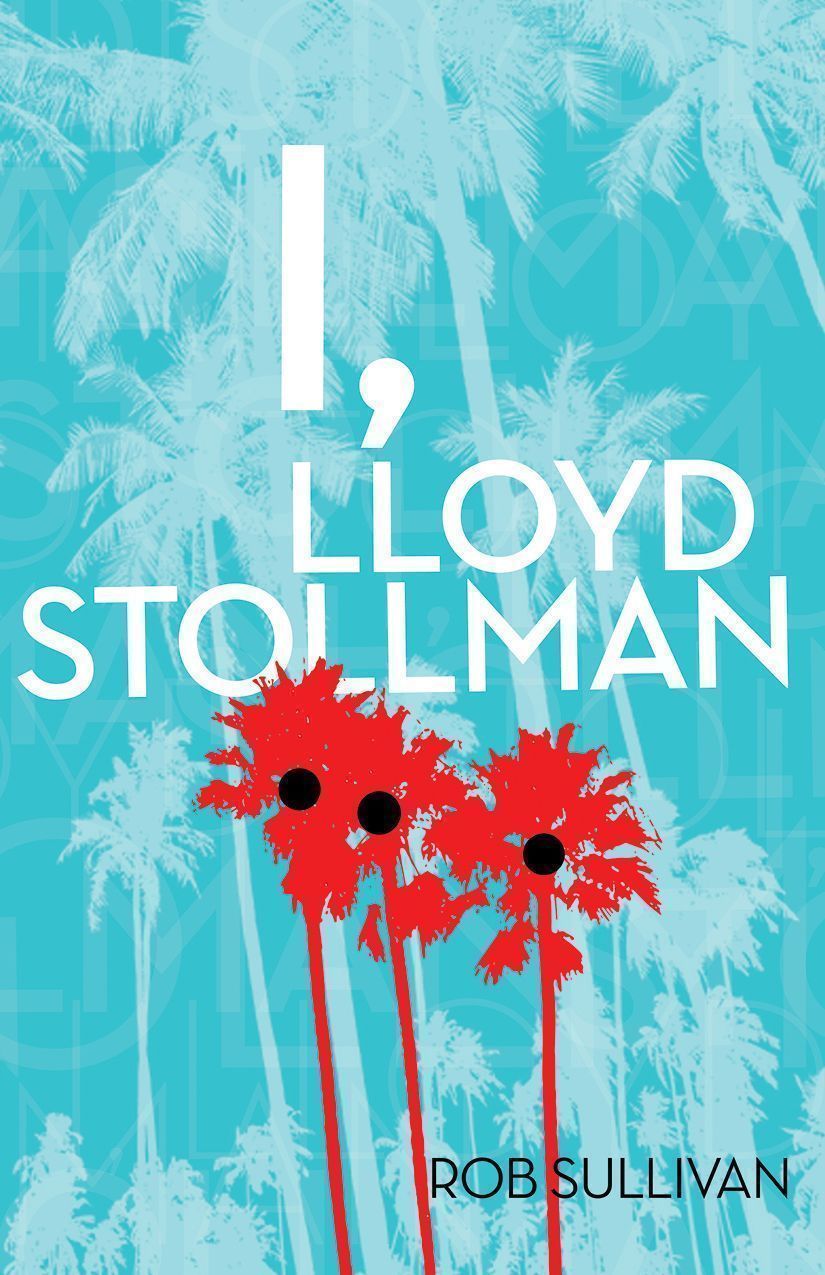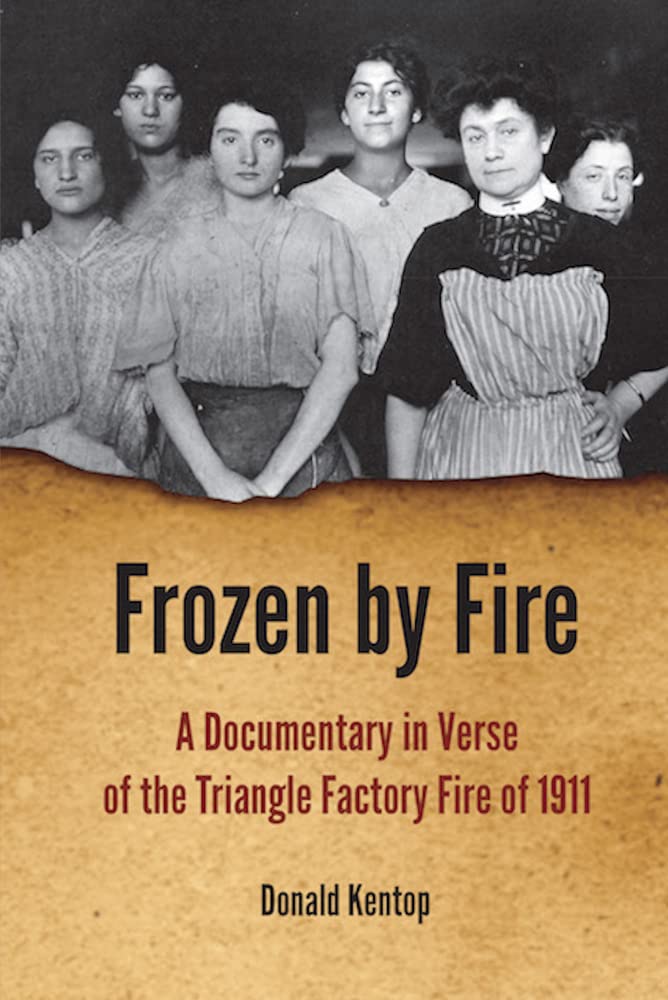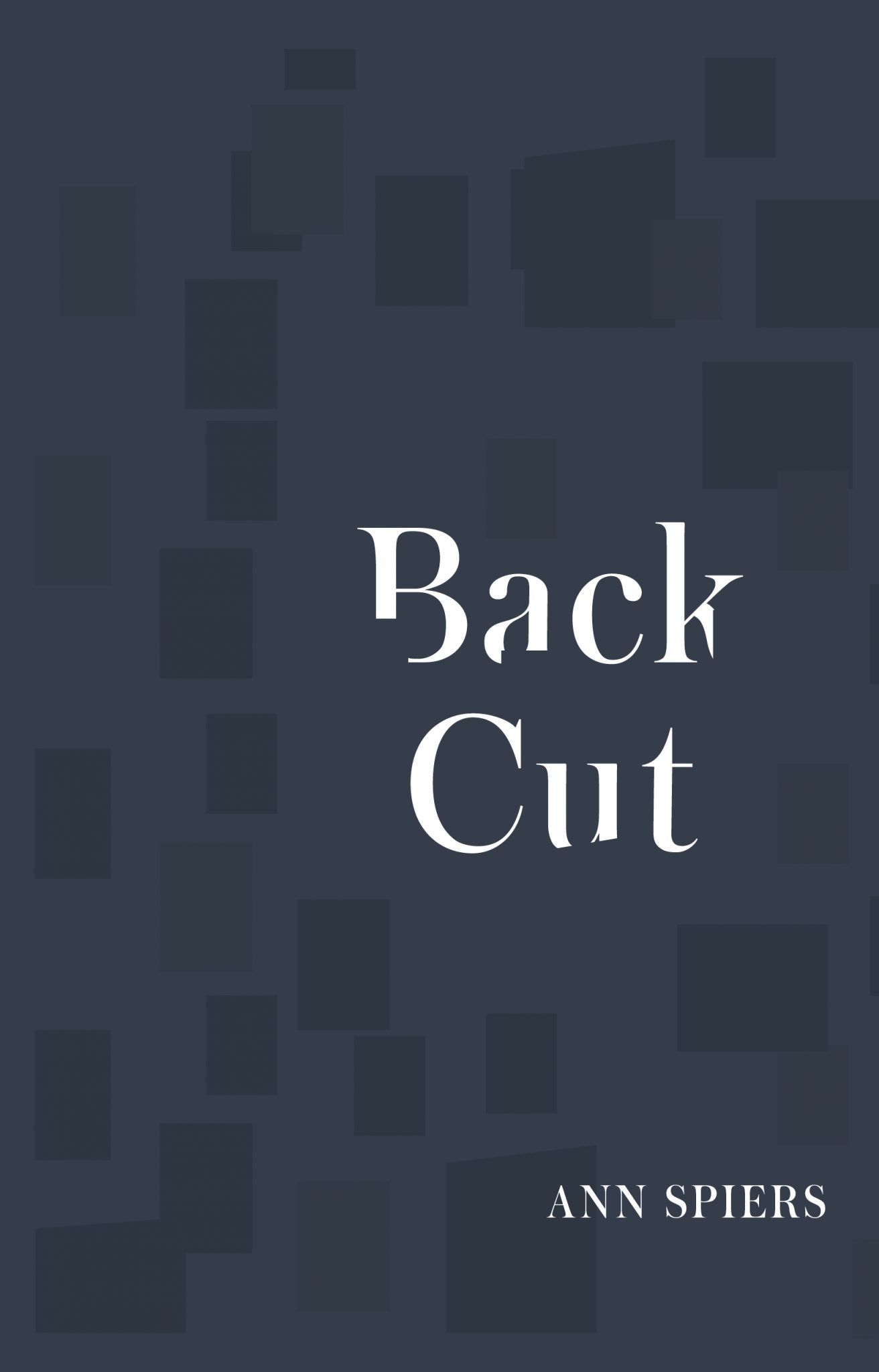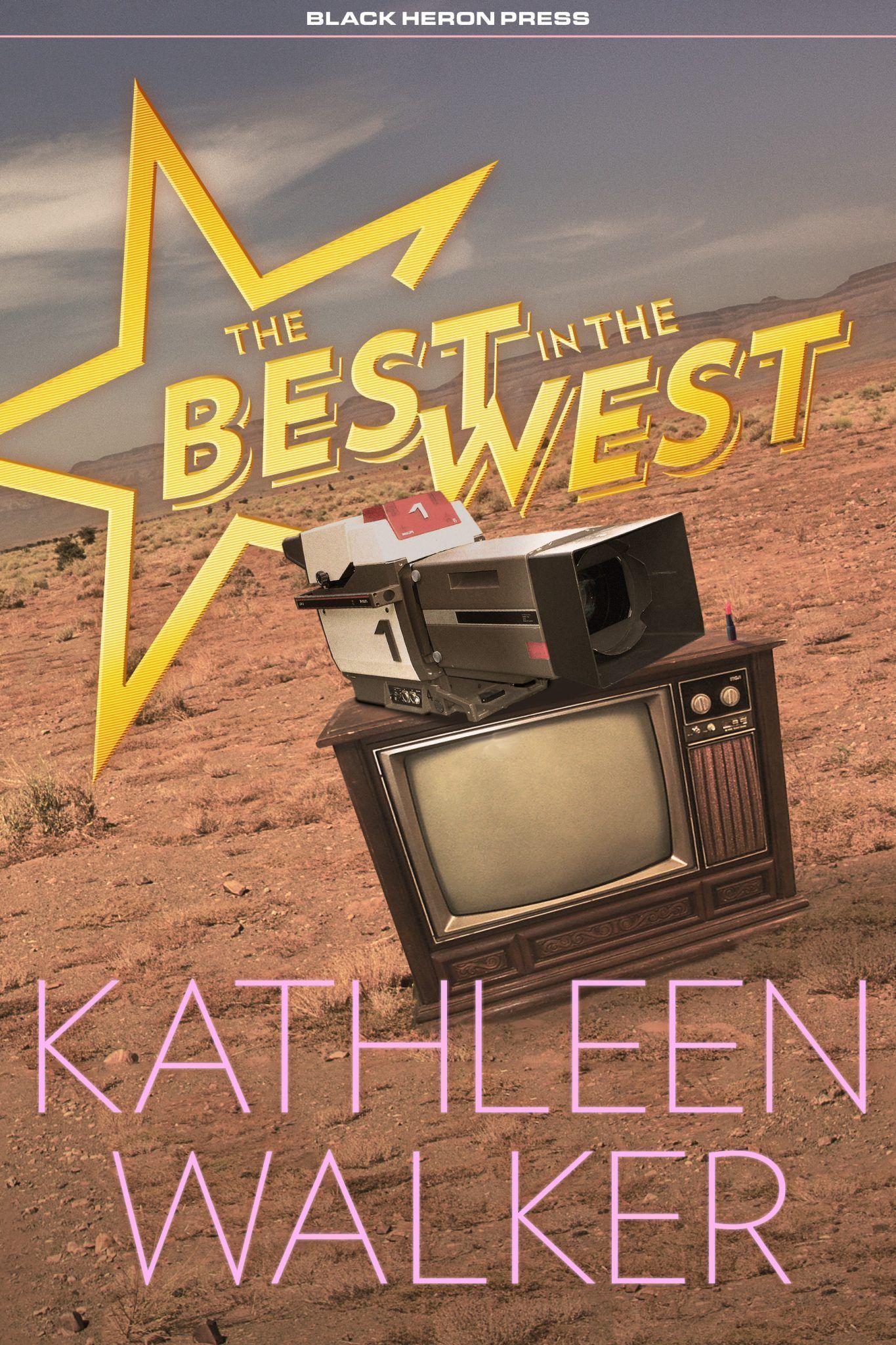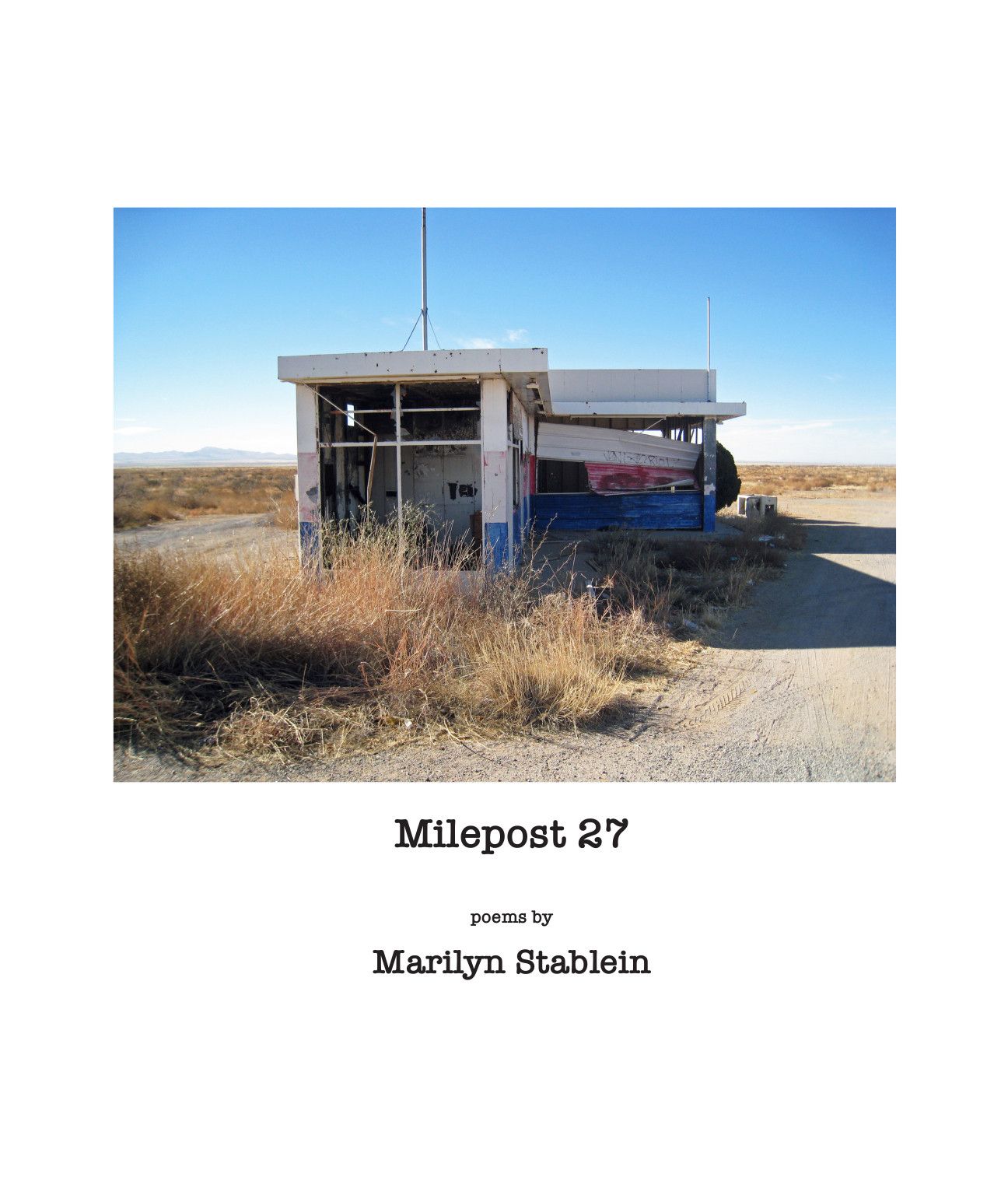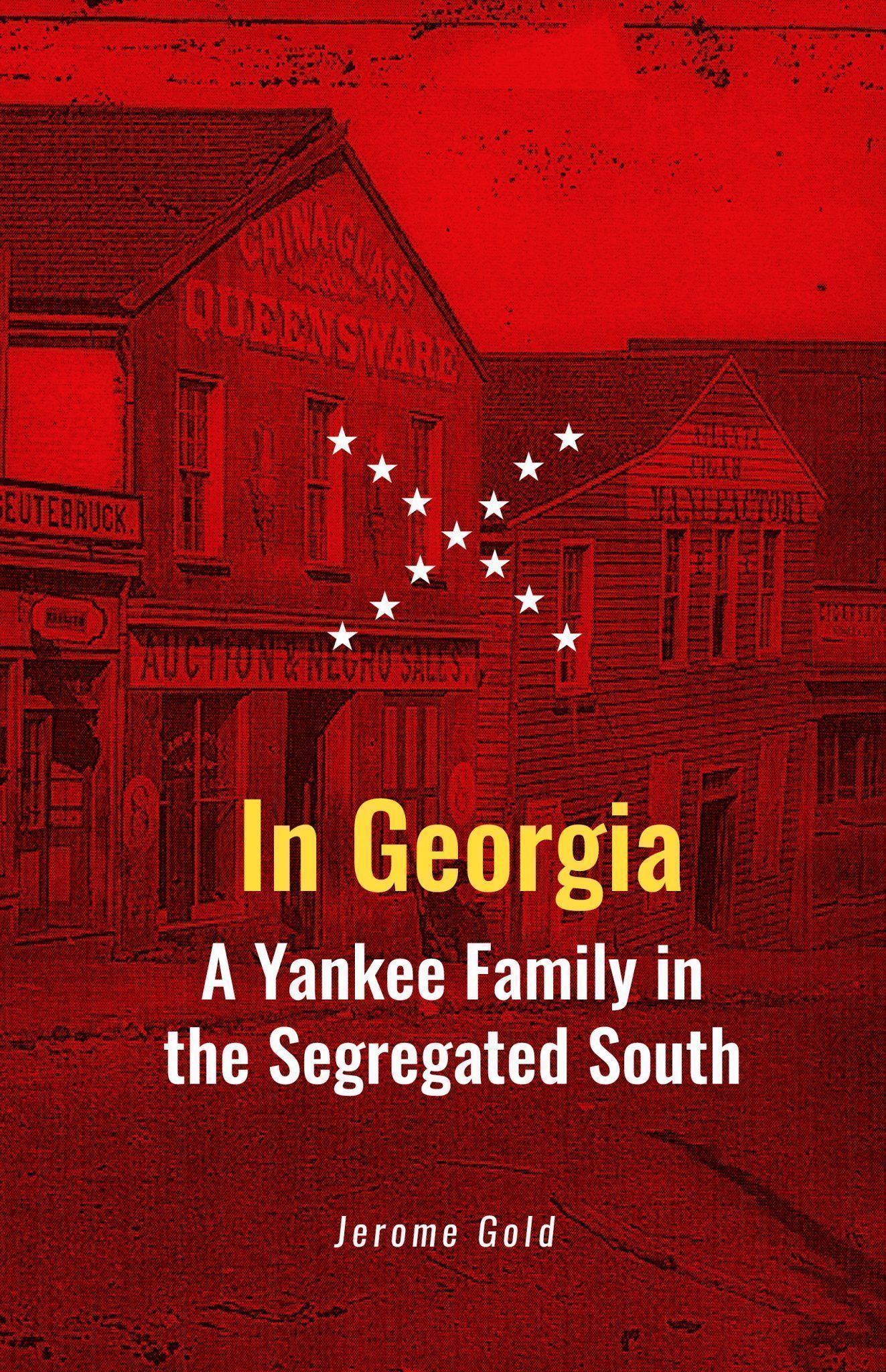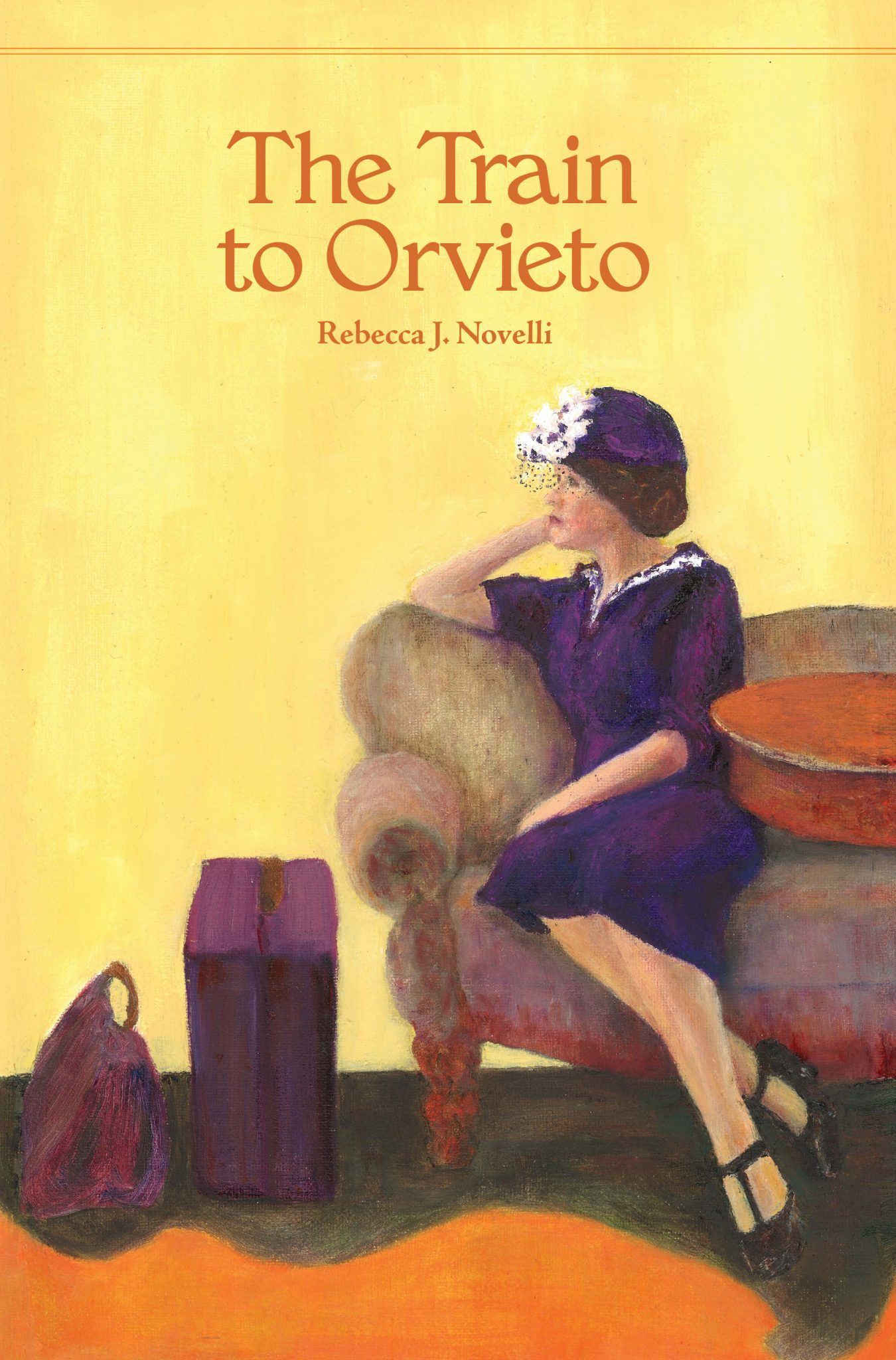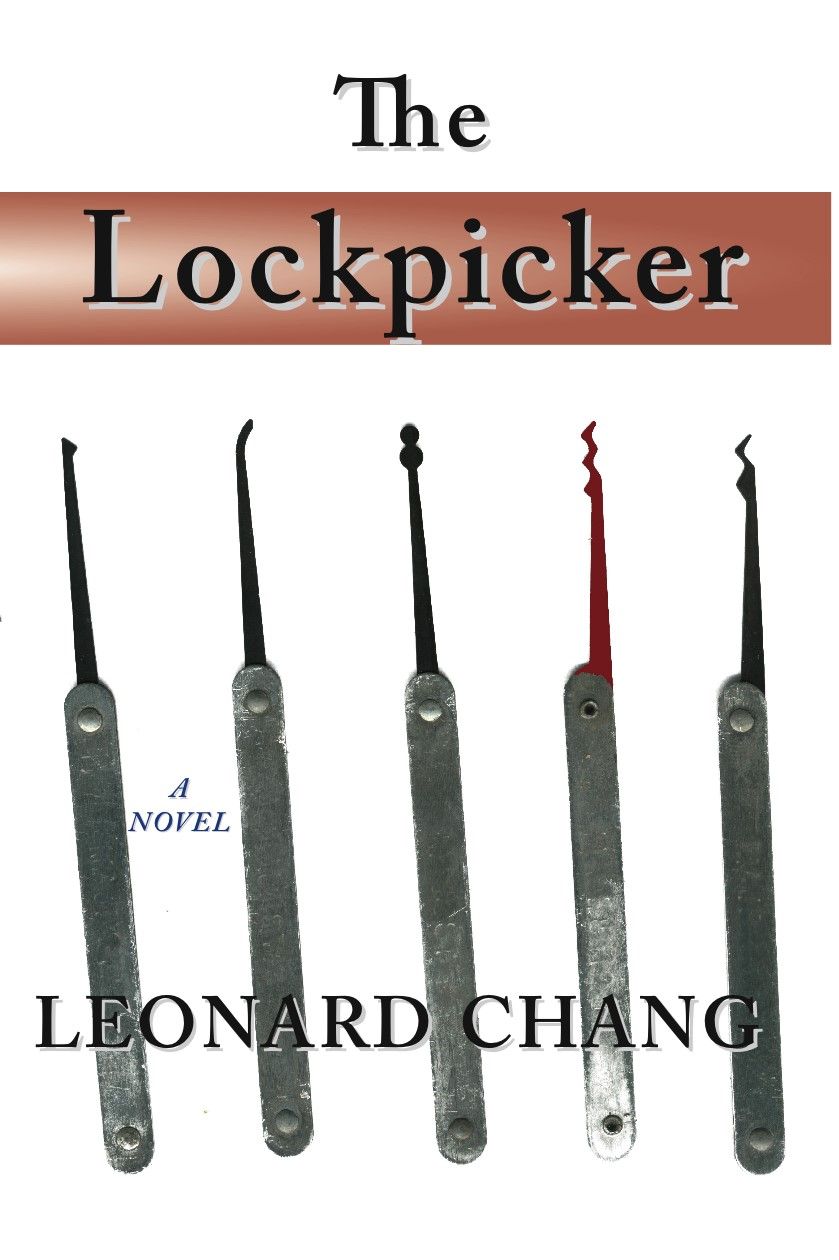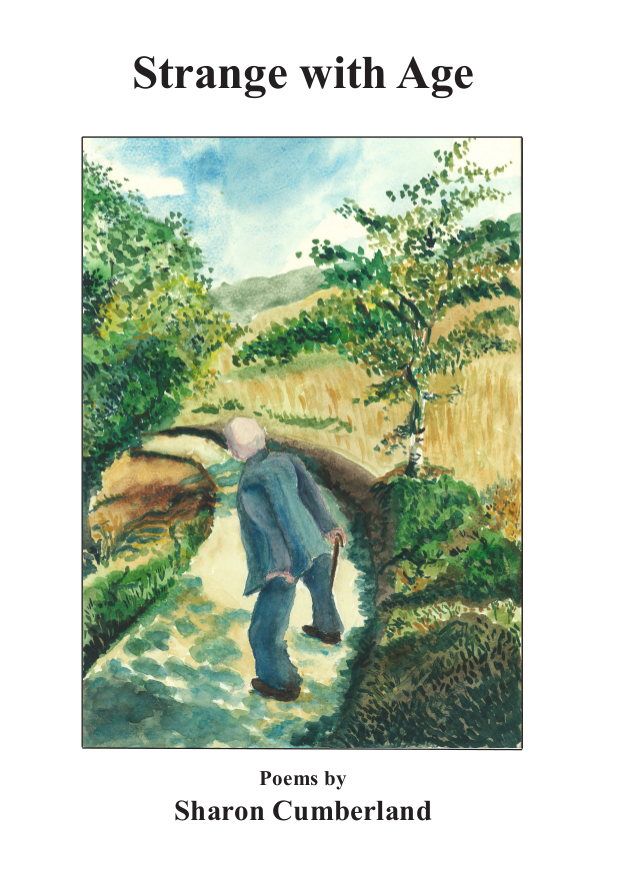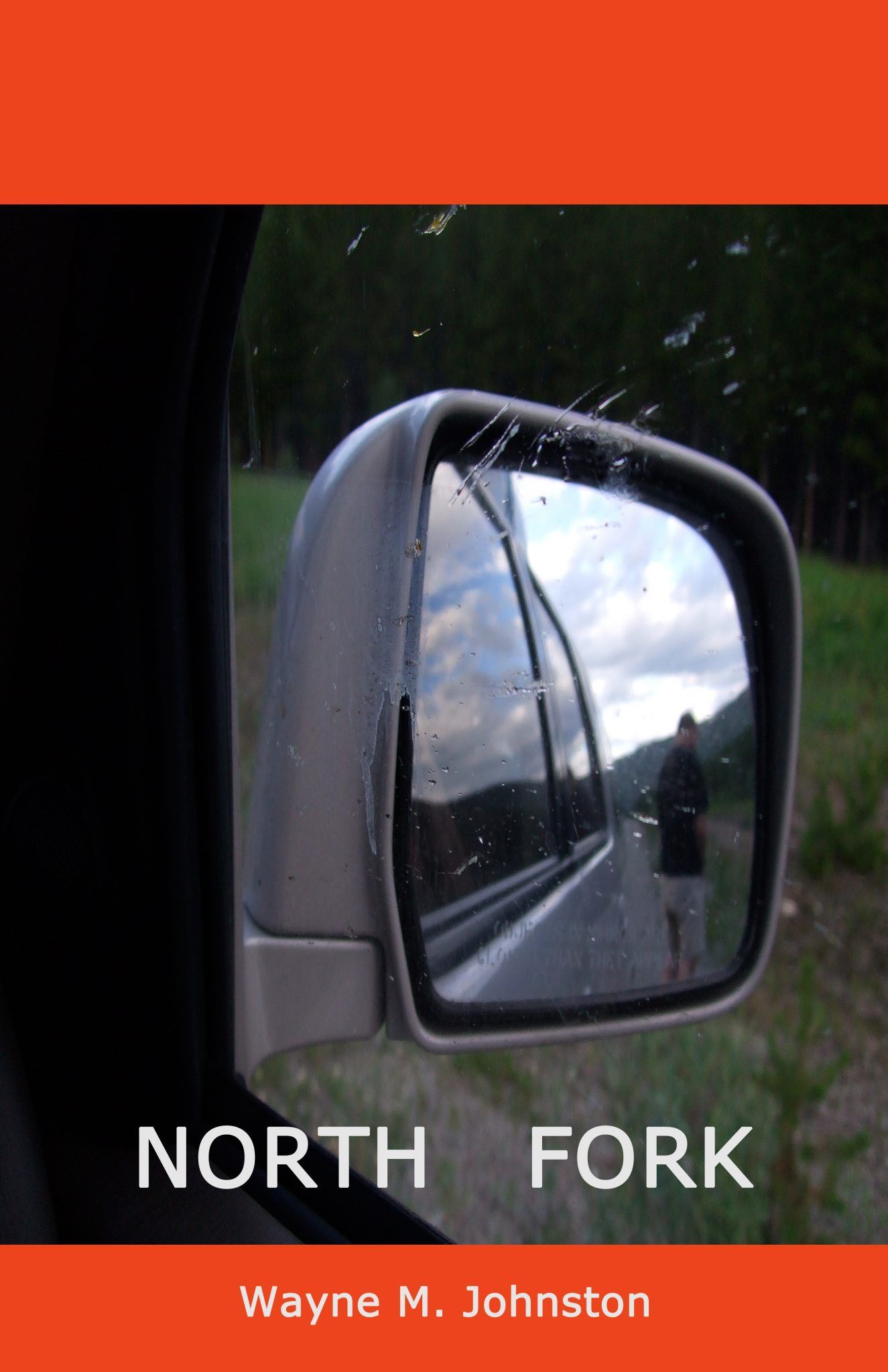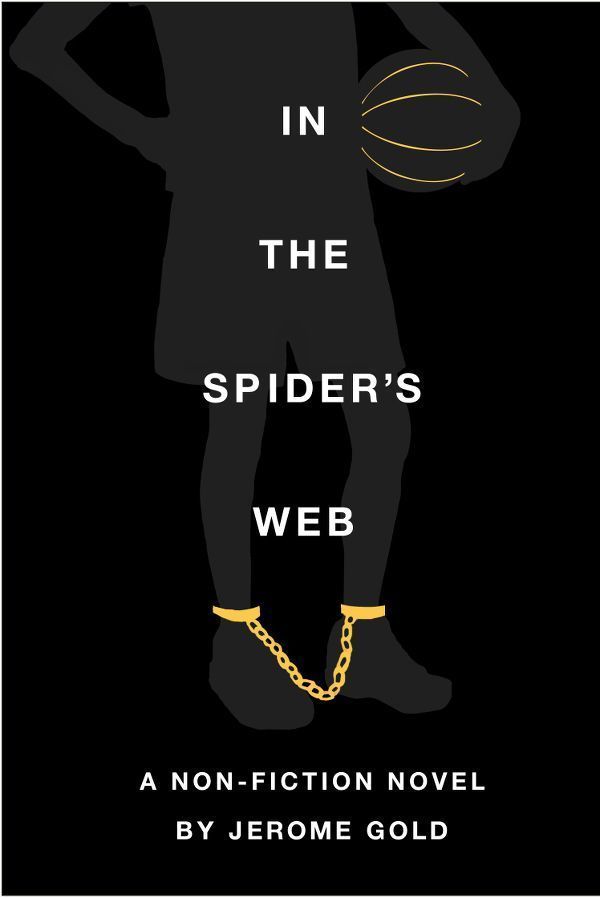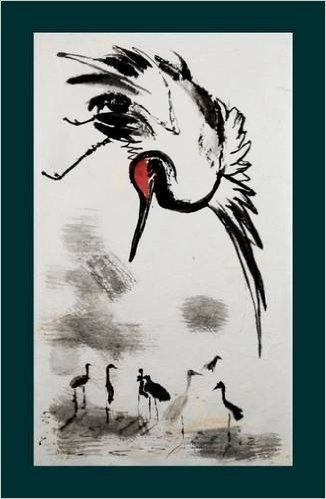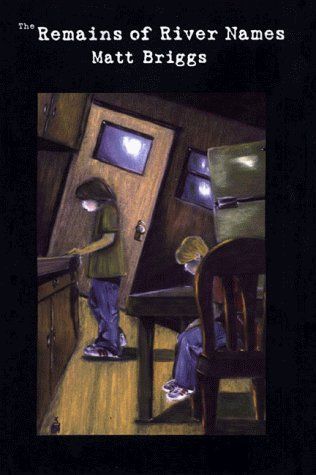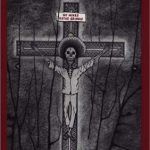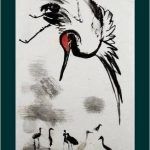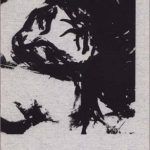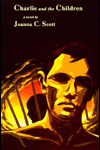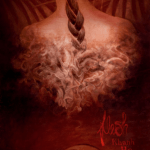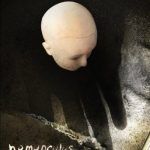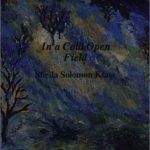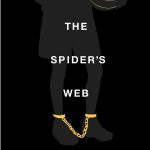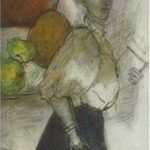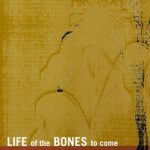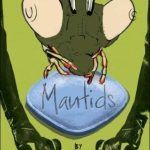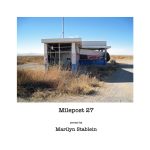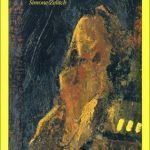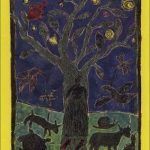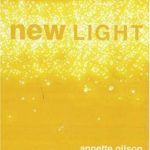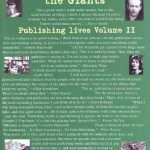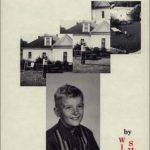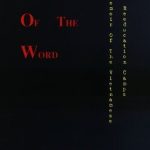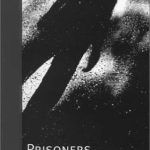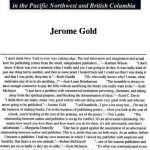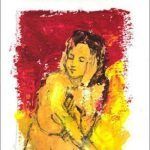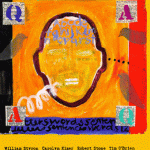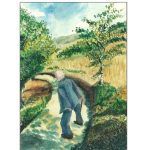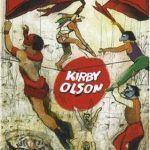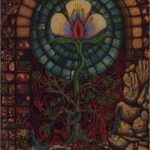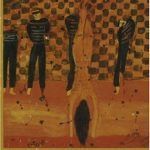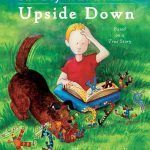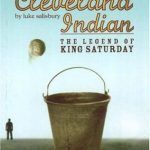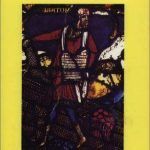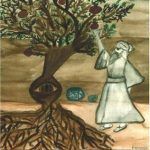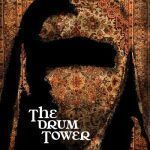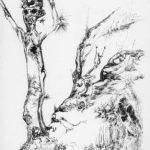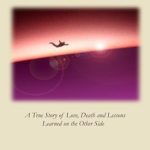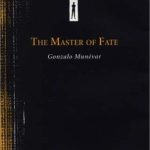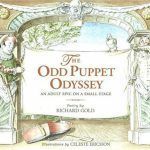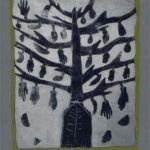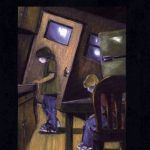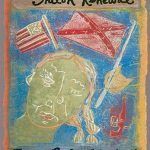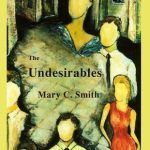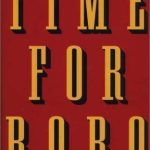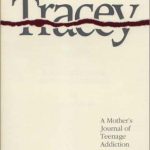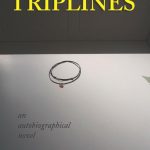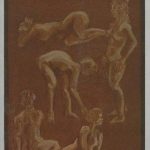Description
Moses in Sinai by Simone Zelitch
ISBN 978-0930773595
Moses in Sinai rewrites the books of Exodus and Numbers by way of The Arabian Nights, Nikos Kazantzakis, and Cecil B. DeMille. It makes generous use of myth and history, ancient and contemporary. The Hebrews of the novel are a varied mob of outlaws, magicians, sorcerers, aristocrats and idolaters, all content with being slaves. Moses must lead them into the Sinai against their will, in the hope of serving a God whose identity he doubts. The Hebrews of this imaginative novel inhabit a world where children are born in cooking pots, meat rains from the sky, fish talk and prophecies come true. It is a world where human emotion can take miraculous forms.
About The Author
Simone Zelitch is the author of two highly-acclaimed previous novels: The Confession of Jack Straw, winner of the Hopwood Award for Major Fiction, and Louisa. About The Confession of Jack Straw, Choice said: “Zelitch’s narrative skill . . . not only enables her to walk [the] tightrope between fact and fiction without faltering but also to link the triumph and betrayal of these peasants to all who have had, or have followed, a dream and shared in its betrayal.”
Of Louisa, The New York Times wrote: “Louisa . . . invites comparisons with Isaac Bashevic Singer’s novel The Family Moskat or William Styron’s Sophie’s Choice. And, remarkably, Zelitch’s book holds its own.” The Boston Globe said: “Simone Zelitch’s Louisa is one of those irresistible books, one that tempts you to risk truancy, unemployment or divorce for the simple pleasure of staying on the couch and turning yet another page.”
Reviews
In this dark follow-up to her critically acclaimed novel Louisa, Zelitch returns to her first publishing house to offer a literary impression of the biblical hero Moses, painting his life as one continuous horror. In an opening scene, the baby Moses is abandoned for dead by his father, Amram, then disfigured and left with a stutter when his adoptive mother, the mad Egyptian princess Bityah, persuades him to suck on a live coal. After murdering an overseer as a young man, Moses wanders in despair amid poisonous snakes in Sinai until he returns to lead the Hebrew slaves to an unhappy freedom. There are more ghastly events to come; as Zelitch wryly observes, “Moses was doomed to live for a long time.” The insane Bityah has a significant role, treating Moses as a pet and “my good baby” even as he approaches manhood. Later, her mad love for Moses and her bereavement after his desertion turns her brother/husband Merneptah’s affection for Moses to hatred. Moses’ family is harshly treated by Zelitch: his sister Miriam is “queen of the witches,” while his brother Aaron serves in the temple of Seth, where he becomes the voice of the “god” and has homosexual relations with his mentor Nube. Zelitch excels in crafting atmosphere and descriptions, but even dedicated readers who are familiar with the biblical account will have difficulty following the story because of the multiple points of view and obscure symbols.
—From Publishers Weekly, Copyright 2001 Cahners Business Information, Inc.
When Zelitch tells the biblical story of Moses and the journey he led of the Hebrew people to Sinai, Moses is more truth seeker than leader. The mysteries of faith provoke him to philosophize and question God, hindering his desire to lead the slaves out of Egypt. His brother, the high priest Aaron, speaks for him and helps mobilize the people and guide them to their destination, but he, too, begins to question his capability. Ultimately, the people and the faith endure, but the theological questions that haunt the major characters in the novel–in particular, what is the name of their God? –humanize these larger-than-life figures. Occasionally one glimpses Zelitch’s imaginative and romantic style, but the story line dominates the novel, which is unfortunate. In Louisa (2000), Zelitch more impressively showed her talent for combining harsh and earthy subject matter with graceful and picturesque prose. Still, those who care for her writing and fans of biblical fiction like Anita Diamant’s The Red Tent (1997) will
enjoy this book. Michelle Kaske.—From Booklist, Copyright © American Library Association. All rights reserved
Additional Information
Click HERE to do a search for this book. You will find more information, reviews and additional purchase locations.


